William Seymour Spiritual life, Holy ghost, Holy spirit
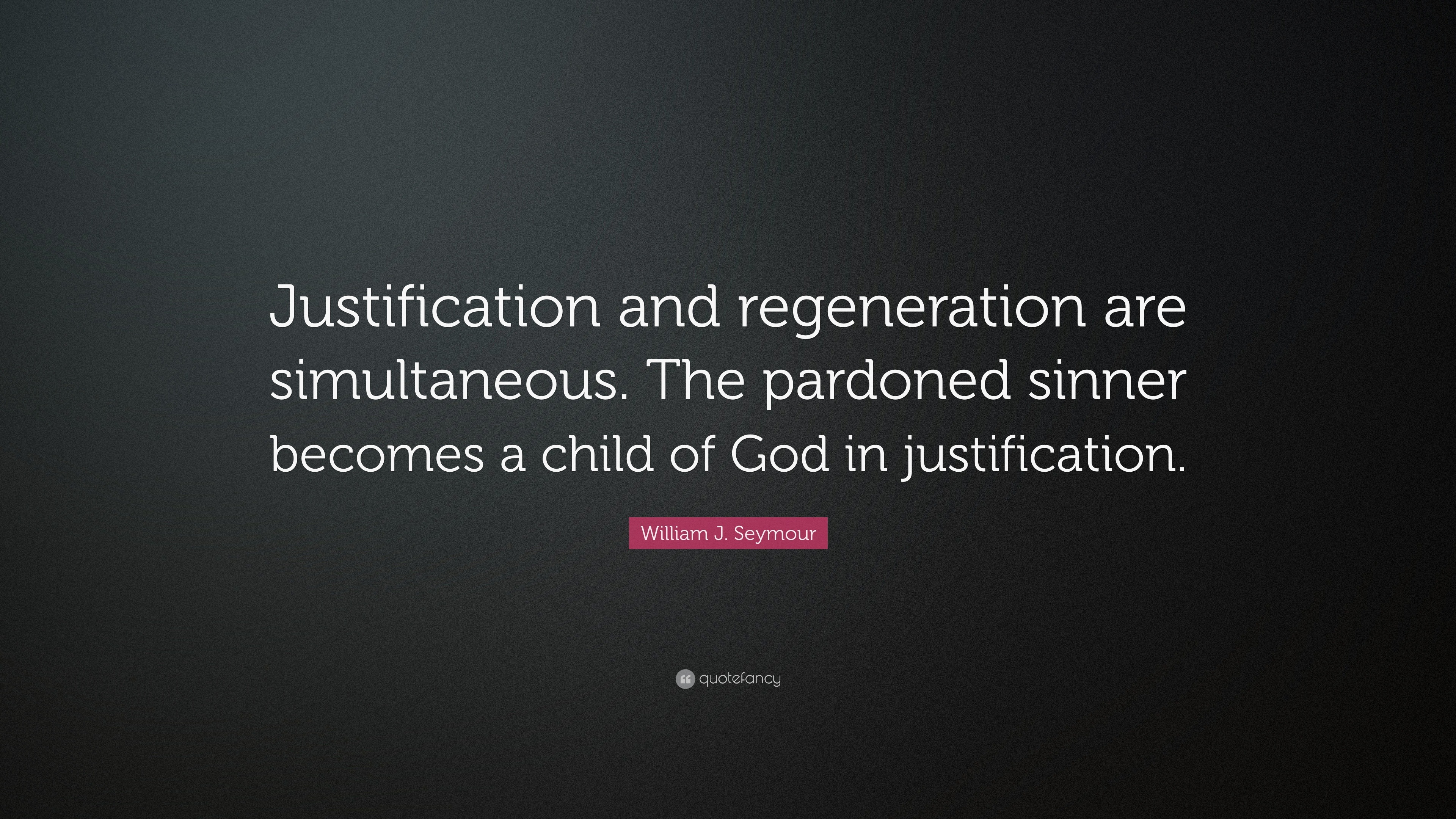
William J. Seymour Quotes (10 wallpapers) Quotefancy
Bless His holy name. William J. Seymour #Love, #Pure, #Sanctification, Save Report So many today are worshiping in the mountains, big churches, stone and frame buildings. But Jesus teaches that salvation is not in these stone structures-not in the mountains-not in the hills, but in God. William J. Seymour #Today, #Interference, #Share, #Take,
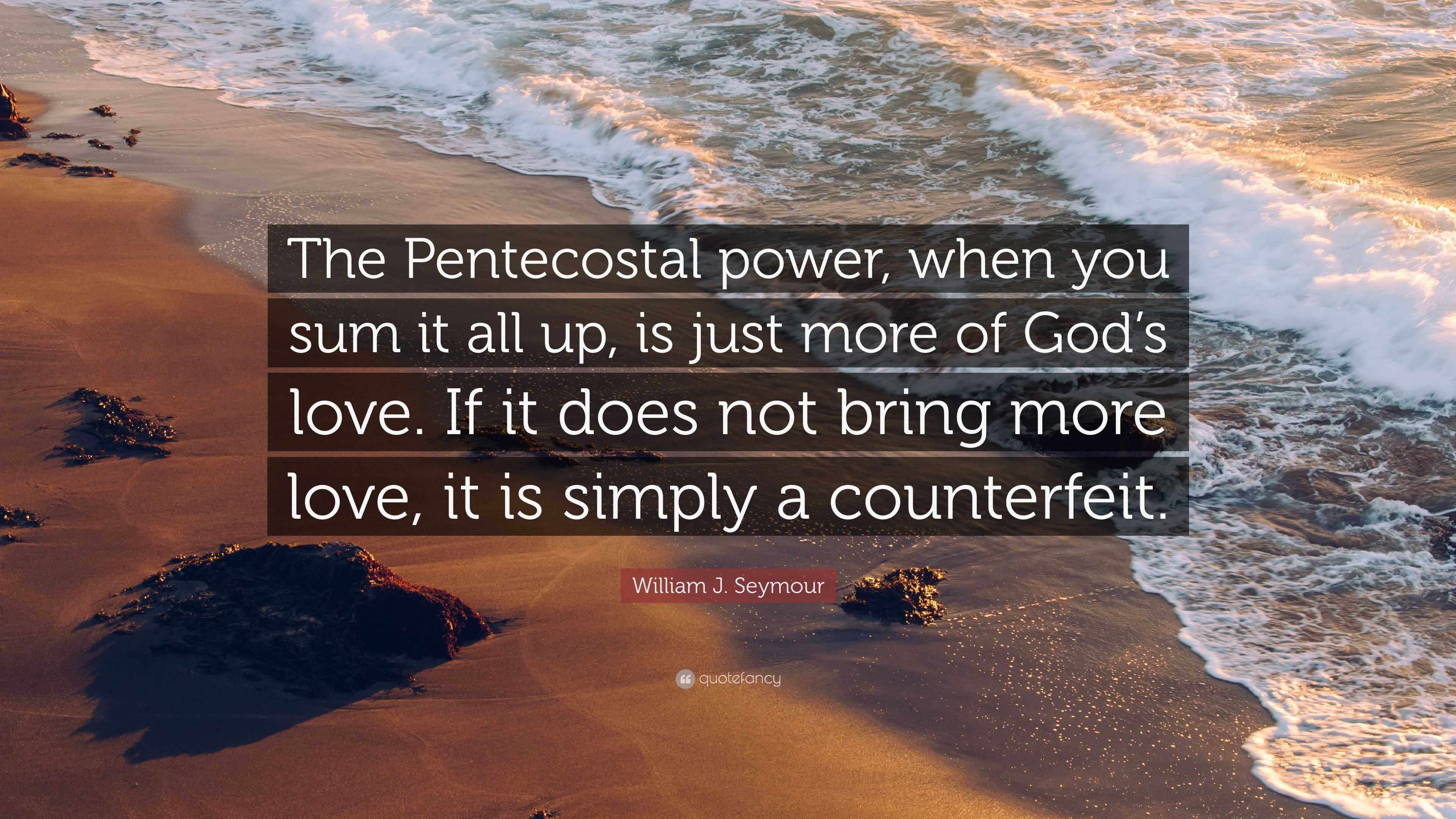
William J. Seymour Quote “The Pentecostal power, when you sum it all
William Joseph Seymour (May 2, 1870 - September 28, 1922) was an African-American holiness preacher who initiated the Azusa Street Revival, an influential event in the rise of the Pentecostal and Charismatic movements. He was the second of eight children born to emancipated slaves and raised Catholic in extreme poverty in Louisiana .

William Seymour Spiritual life, Holy ghost, Holy spirit
William Joseph Seymour (1870-1922) was a prominent African-American religious leader in the early twentieth century. An ordained minister and the son of freed slaves, he is regarded as one of the founders of modern Pentecostalism. Seymour was one of the most influential African-American religious leaders of his time, and his impact can be.
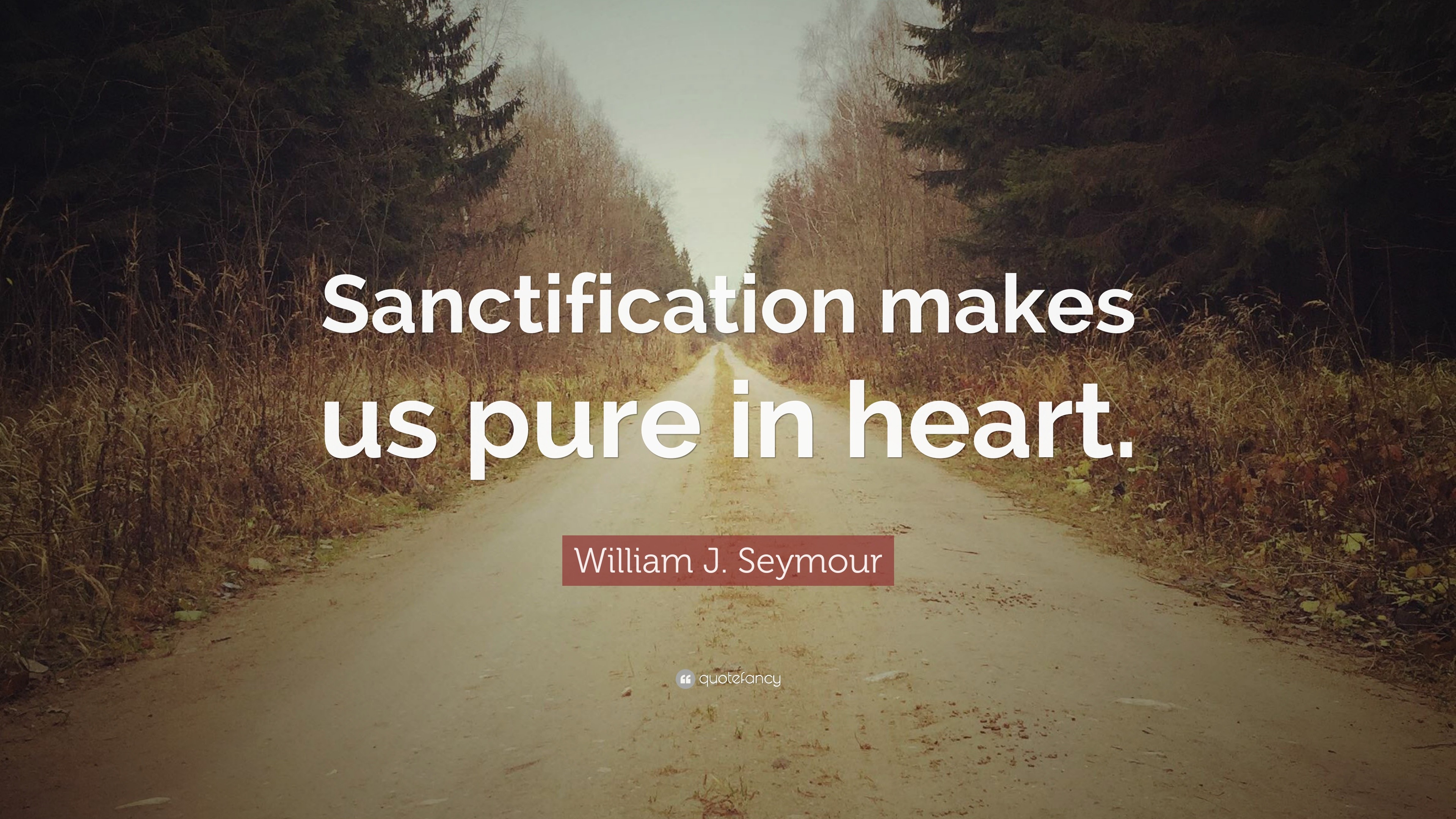
William J. Seymour Quote “Sanctification makes us pure in heart.”
William Seymour, a black half blind preacher, was credited for the revival fire at Azusa Street, but Lucy Farrow, an old black woman born in slavery, was the spark that ignited the flame. Lucy Farrow was born a slave in Norfolk, Virginia, in 1851. Her uncle was famous abolitionist Frederick Douglass. We don't know much about her past, but she.
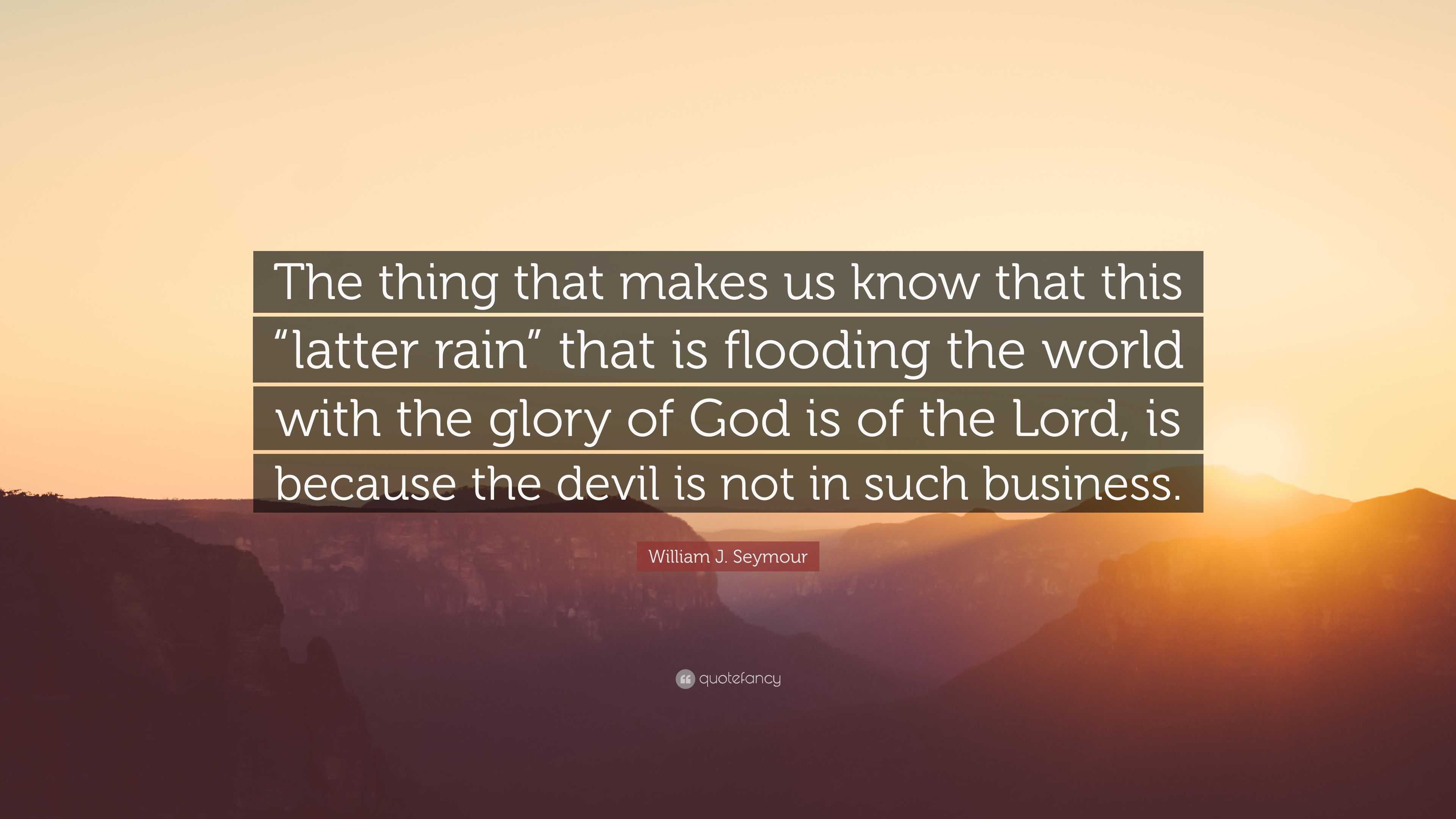
William J. Seymour Quote “The thing that makes us know that this
1870 William Seymour born in Louisiana. 1901 Agnes Ozman speaks in tongues under Charles Parham's ministry in Topeka, Kansas. 1905 Seymour accepts Parham's Pentecostal doctrine in Houston. 1906 At.
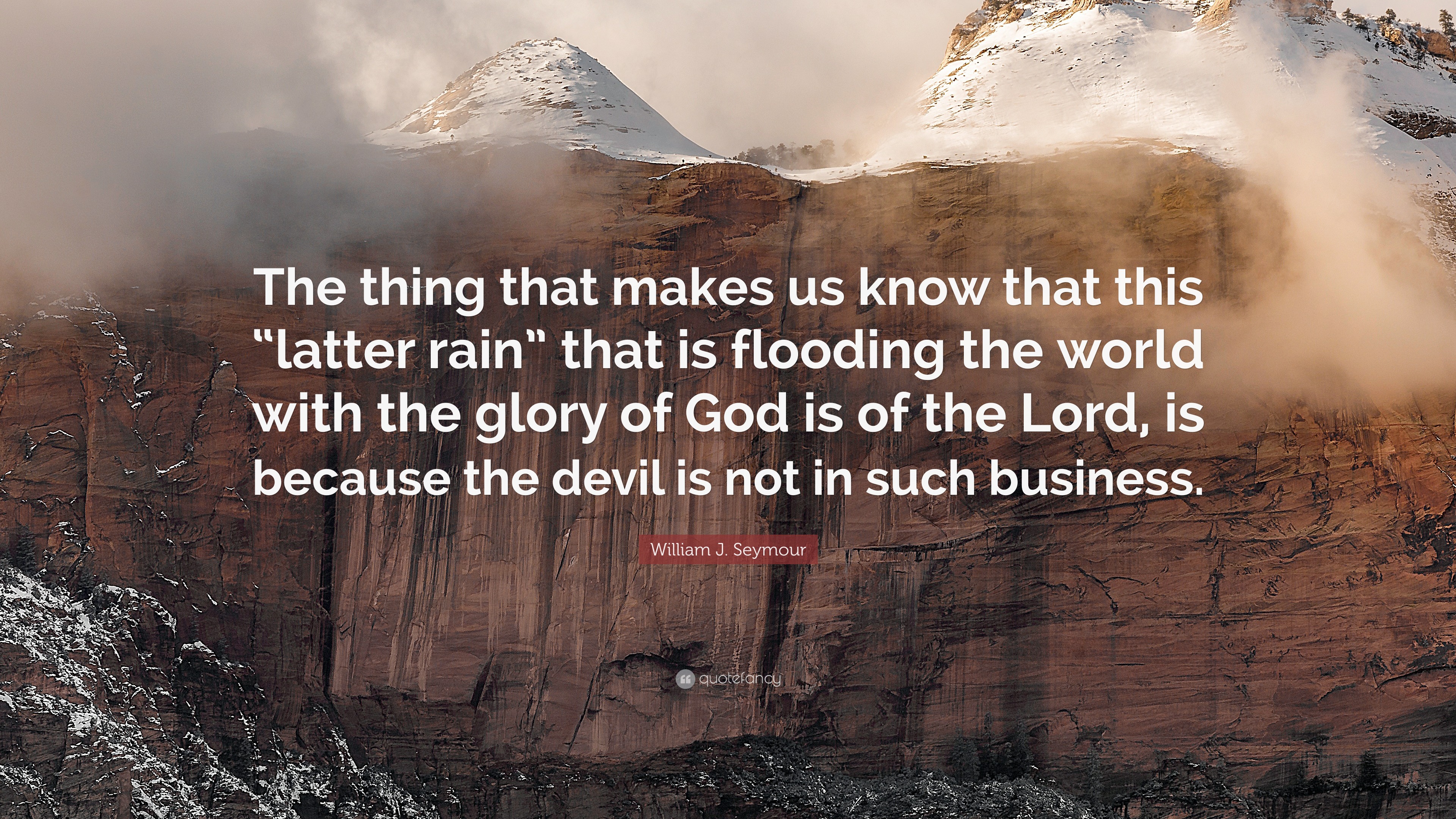
William J. Seymour Quote “The thing that makes us know that this
William Seymour: A Biography is a tale of faith through adversity, of life for the black community in the century between Abraham Lincoln and Martin Luther King Jr., and of the transforming power of God's Spirit. It charts one man's dedication to pursue a closer relationship with God and a more potent revelation of Christ. Combining great.
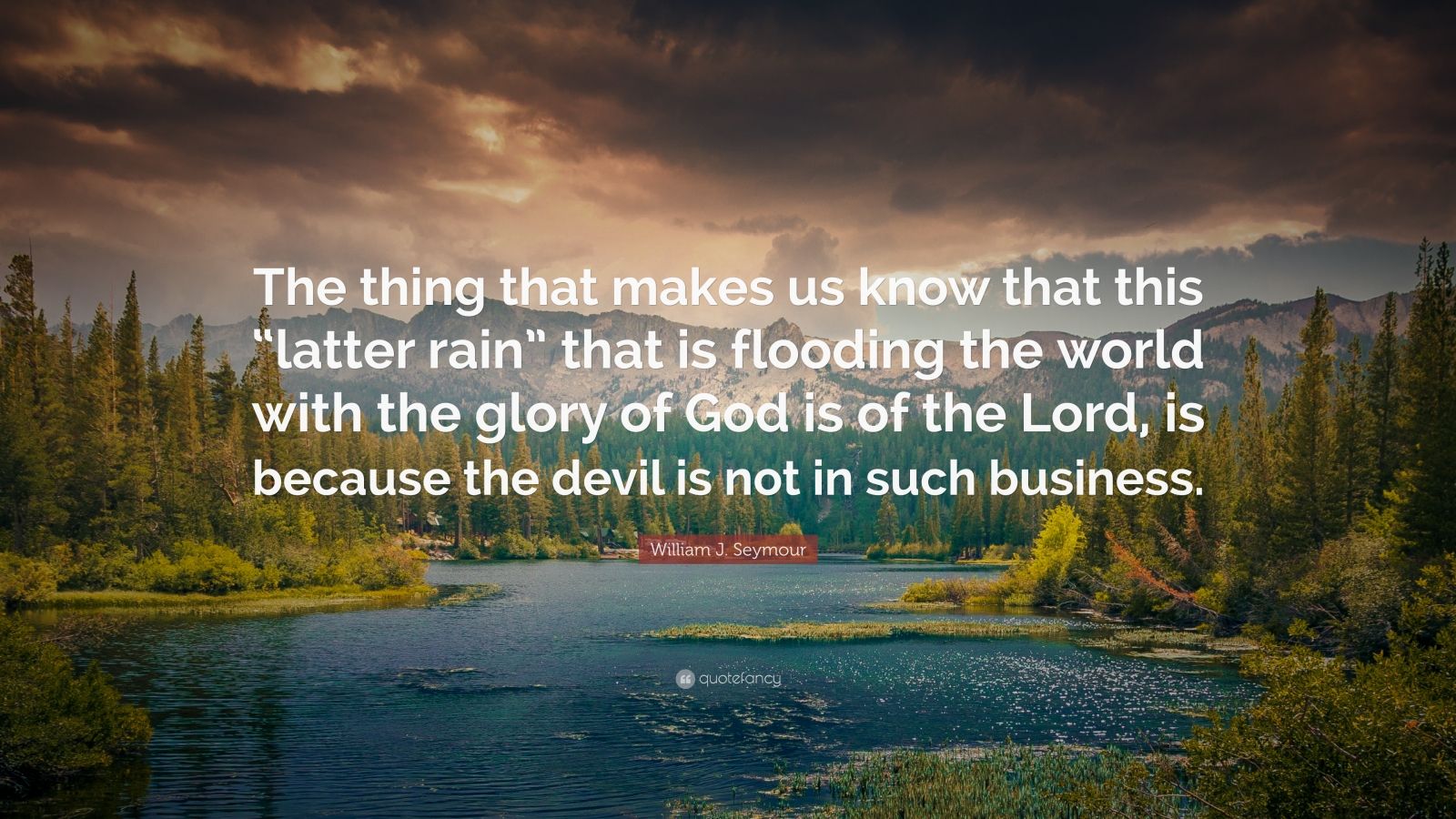
William J. Seymour Quote “The thing that makes us know that this
Apostolic Praise School of MusicWilliam Seymour's Short Biography. William Joseph Seymour, humbly called Brother Seymour, is known as the leader of the Azusa Street revival, which was the catalyst for the Pentecostal and Charismatic movements that have effectively led hundreds of millions to Jesus and The Holy Ghost in a powerful way.
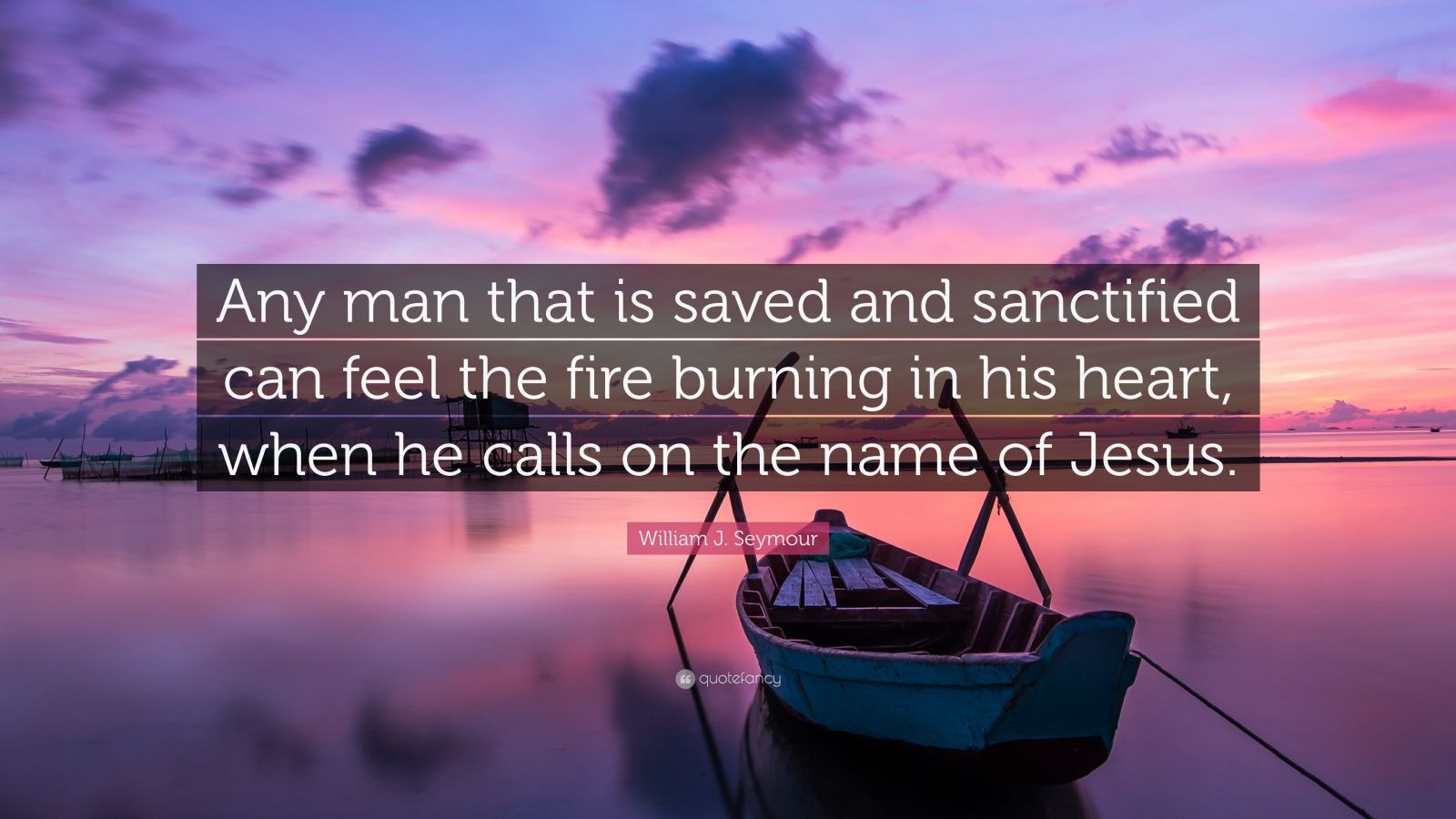
William J. Seymour Quote “Any man that is saved and sanctified can
This is an excellent, non-fiction book to pick up and read through! A collection of William Seymour's sermons on various topics that show his powerful messages both before and during the great revival that took place on Azusa Street. I thought that this collection was put together nicely and would make an excellent addition to a pastor's or.
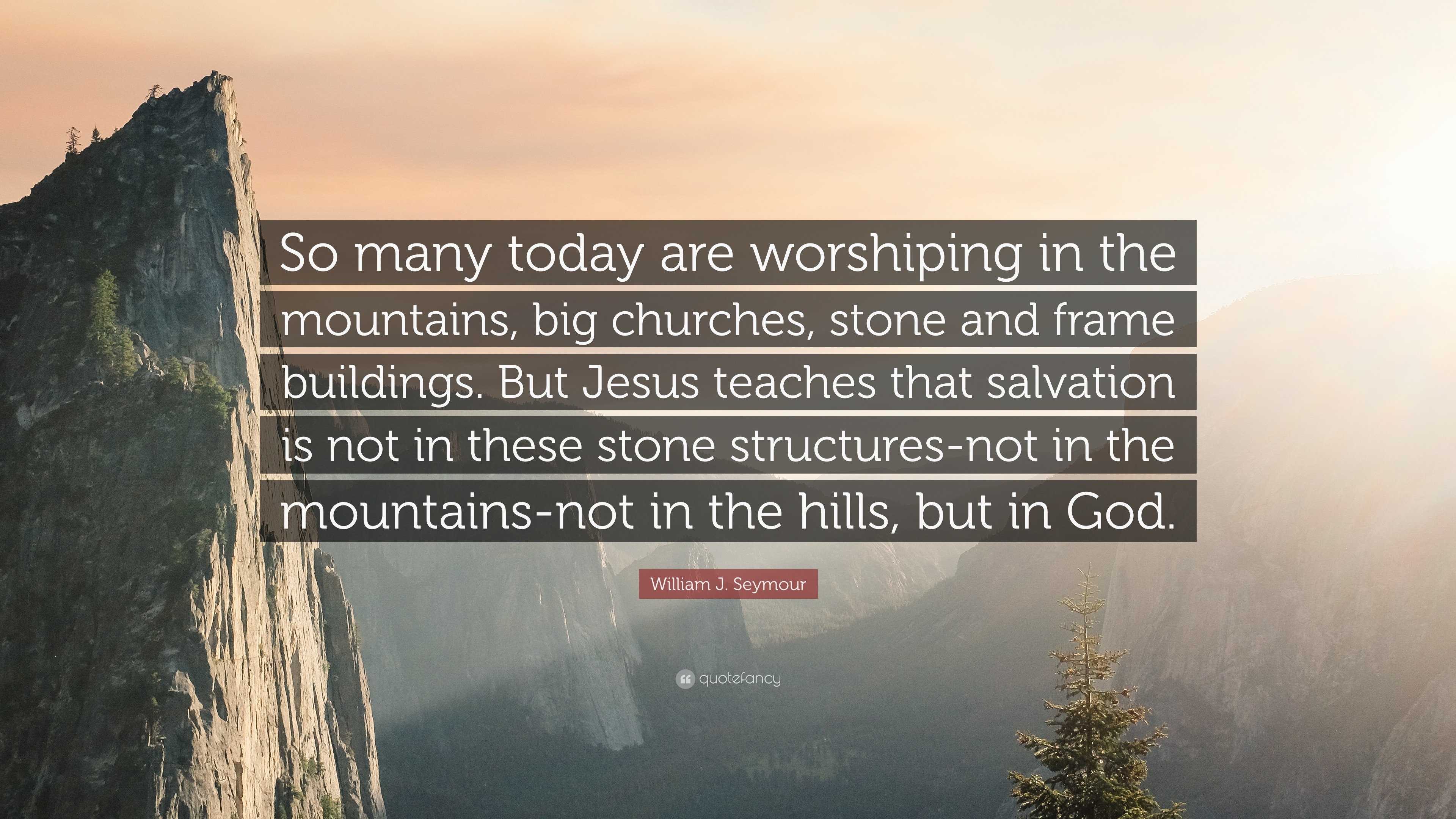
William J. Seymour Quotes (10 wallpapers) Quotefancy
William J. Seymour was such a man. He was born in 1870 in Centerville, Louisiana, to parents who had only a few years earlier been freed from slavery. The social climate of America at that time was highly prejudiced and black people were largely segregated from much of mainstream American society. His parents continued working on a plantation.

William J. Seymour Quote “Sanctification makes us holy and destroys
William J. Seymour, an African American minister, was born on this date in 1870. He was raised in Centerville, LA, in the Baptist Church. As a child, he had dreams and visions. At the age of 25, he contracted smallpox and lost his sight in his left eye. In 1903, Seymour moved to Houston, looking for relatives who had been lost during slavery.
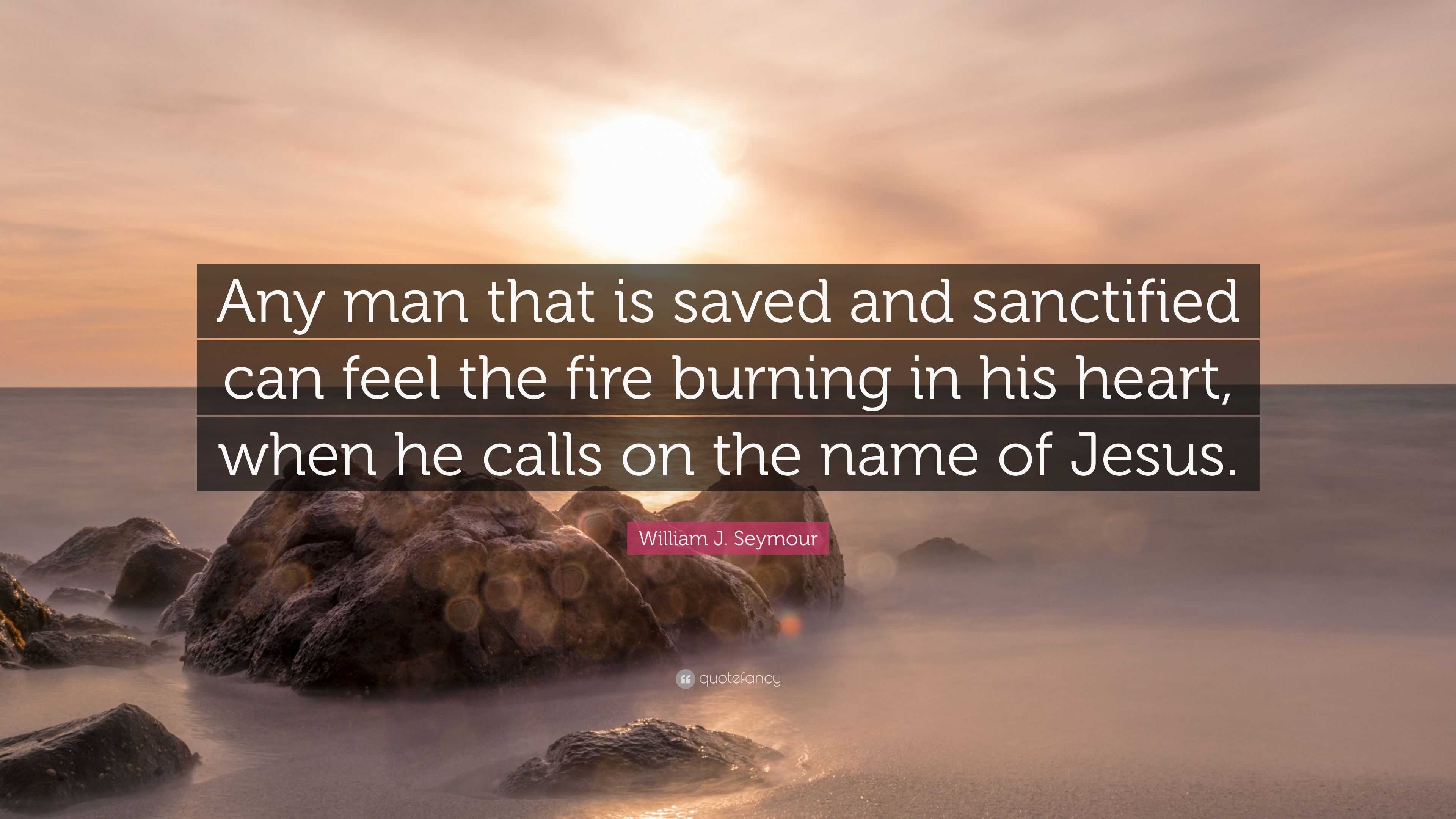
William J. Seymour Quote “Any man that is saved and sanctified can
William J. Seymour was born in Centerville, Louisiana, to former slaves Simon and Phillis Seymour, who raised him in the Baptist church. While living in Cincinnati, Ohio, he was influenced by holiness teachings, and then he moved to Houston, Texas, where he heard Charles Fox Parham's teaching on Apostolic Faith.The teaching, simply put, combined the baptism of the Holy Spirit with speaking.
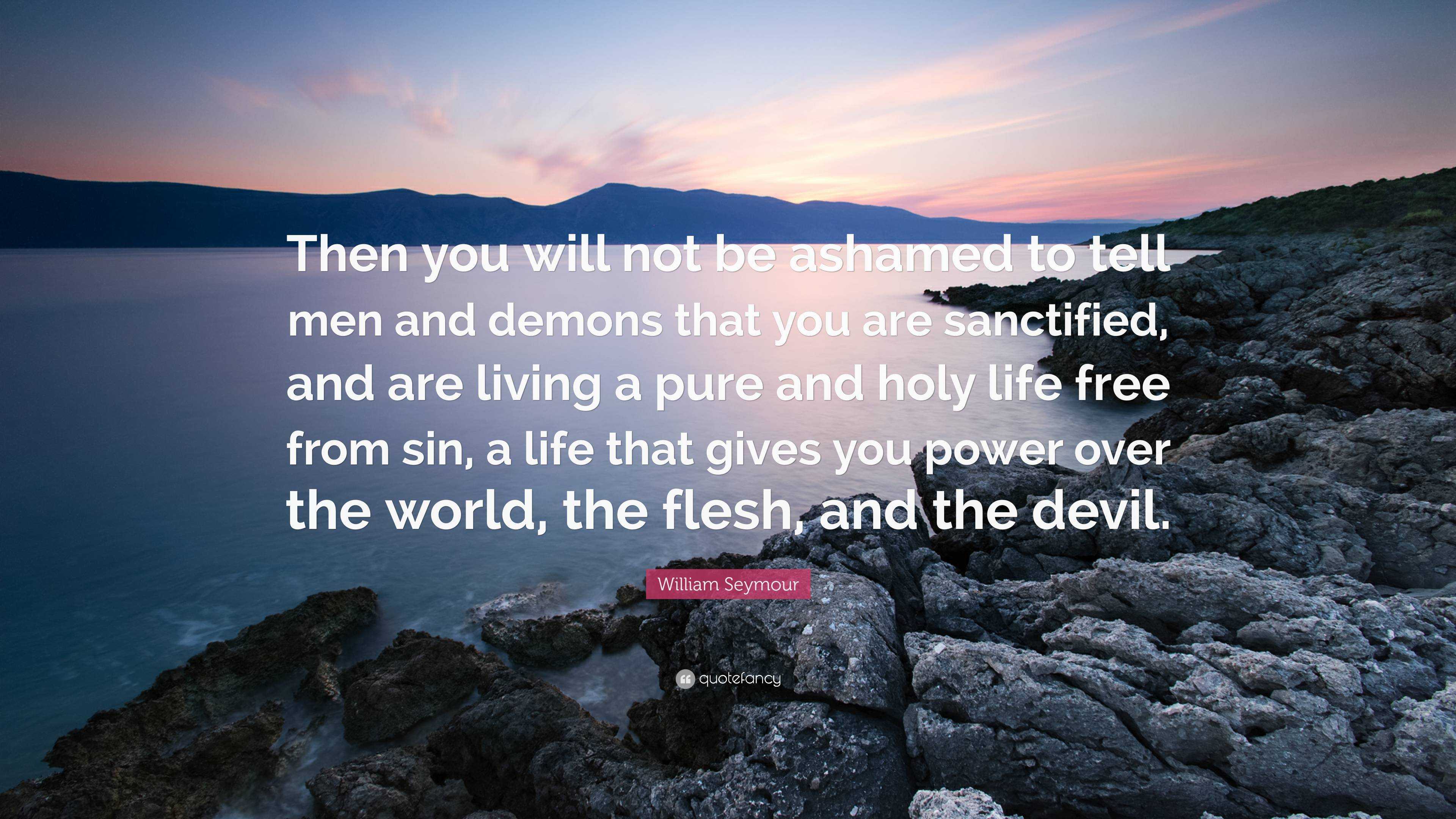
William Seymour Quote “Then you will not be ashamed to tell men and
Indeed, Seymour is proof of Paul's words: "God chose the foolish things of the world to shame the wise; God chose the weak things of the world to shame the strong" (1 Corinthians 1:27). Seymour's path to leadership reminds us we must never let our past or present circumstances defeat God's intended future for us. 2.
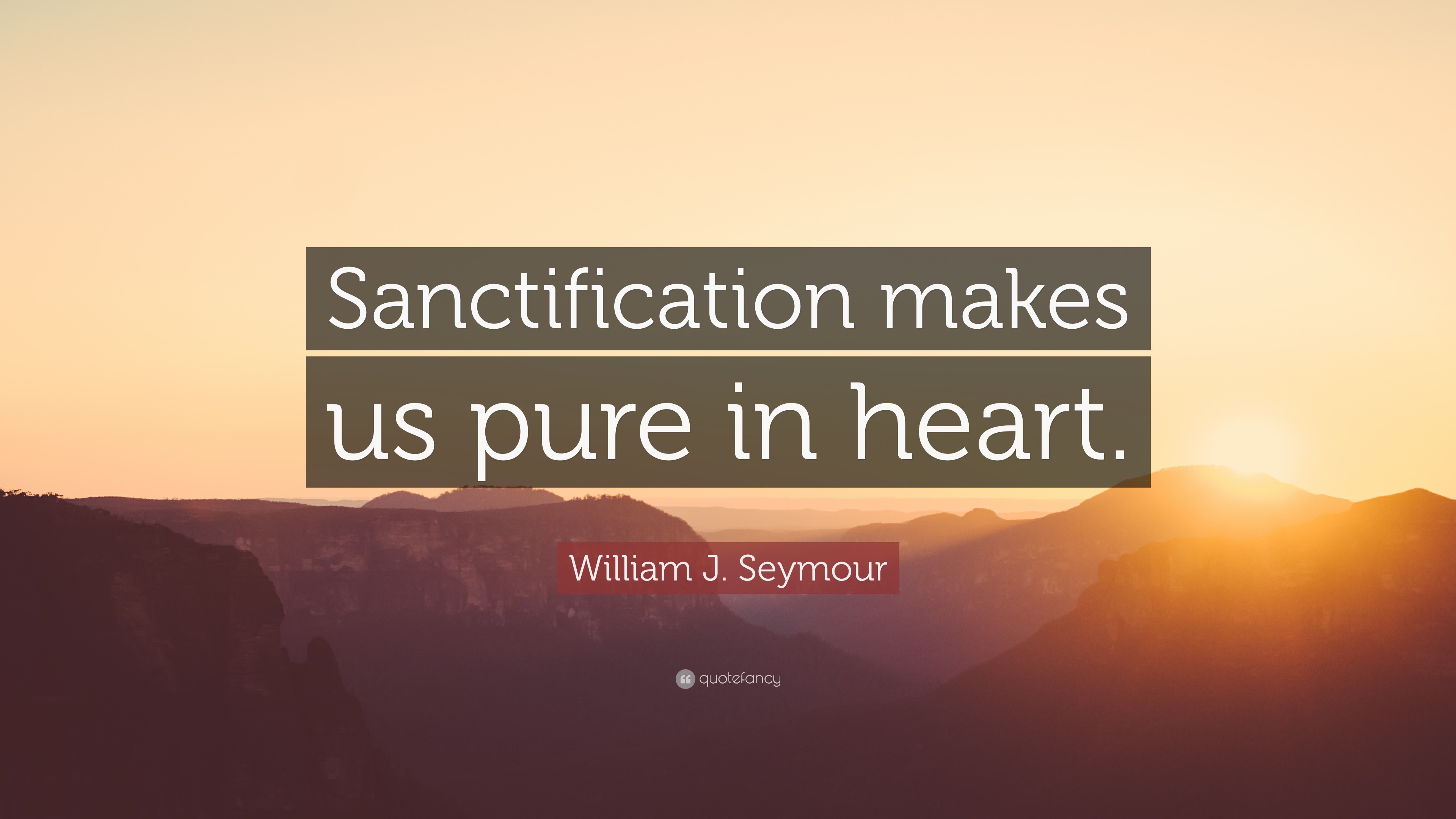
William J. Seymour Quotes (10 wallpapers) Quotefancy
Who exactly was William J Seymour? He overcame many obstacles to make a way for many people to encounter God.Let his story encourage you to press on with th.

William J Seymour The Secrets of His Power thejesusculture
William Seymour "became too sophisticated for the box" — to hear and obey — but prophesied an even greater revival would happen in 100 years! Tommy Welchel on William Seymour and Charles Parham's 100-Year Prophecy: On the same day in 1909, hundreds of miles apart, they both prophesied God's visible shekina glory would return to.
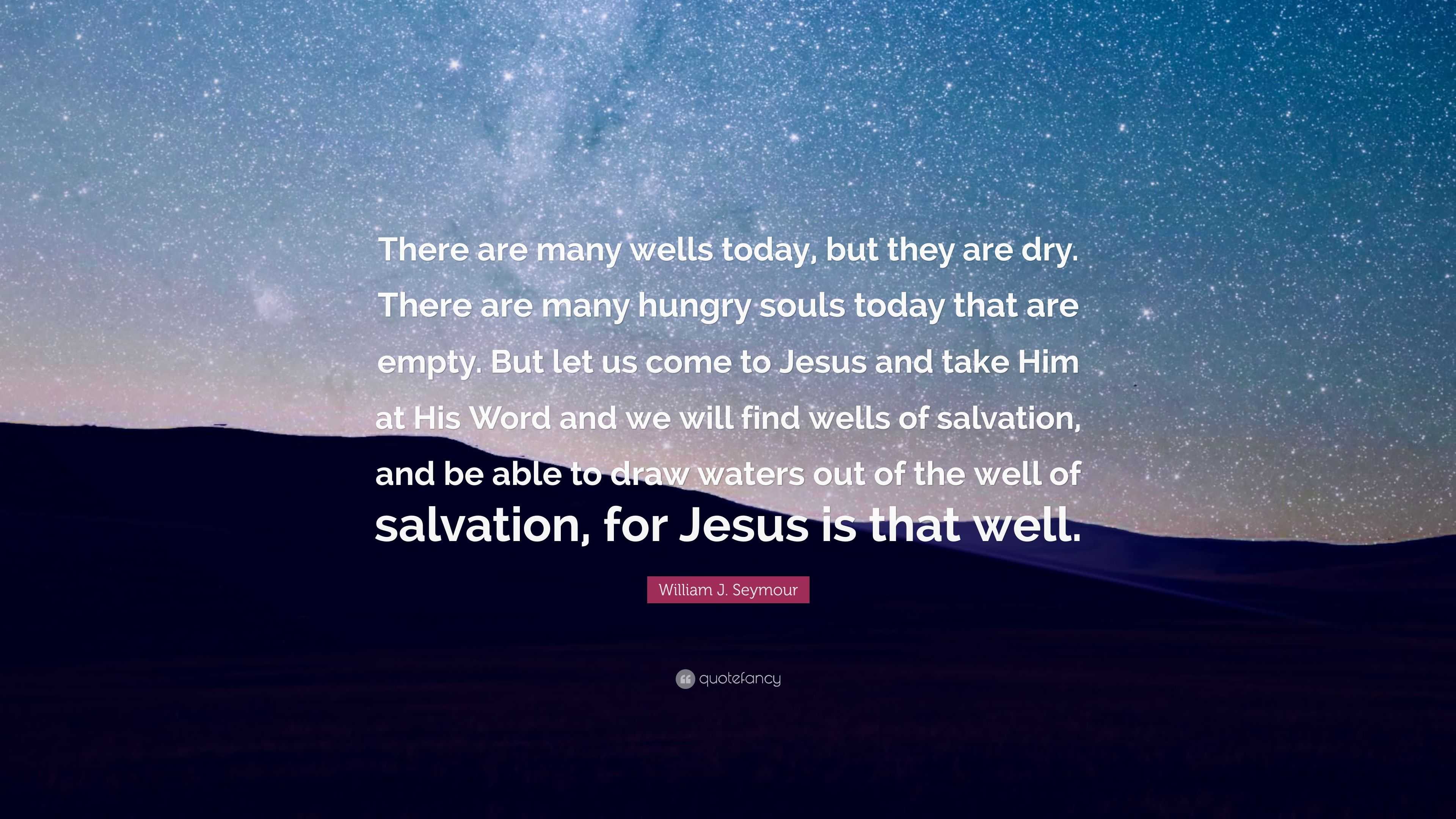
William J. Seymour Quote “There are many wells today, but they are dry
William Seymour. After receiving spiritual advice and training from Charles P. Jones in the winter of 1904, William Seymour traveled from Ohio to Texas to search for family that had been lost to him due to slavery and reconstruction. In Houston he attended a black Holiness church pastored by Lucy Farrow. When Farrow left Texas to take a job as.
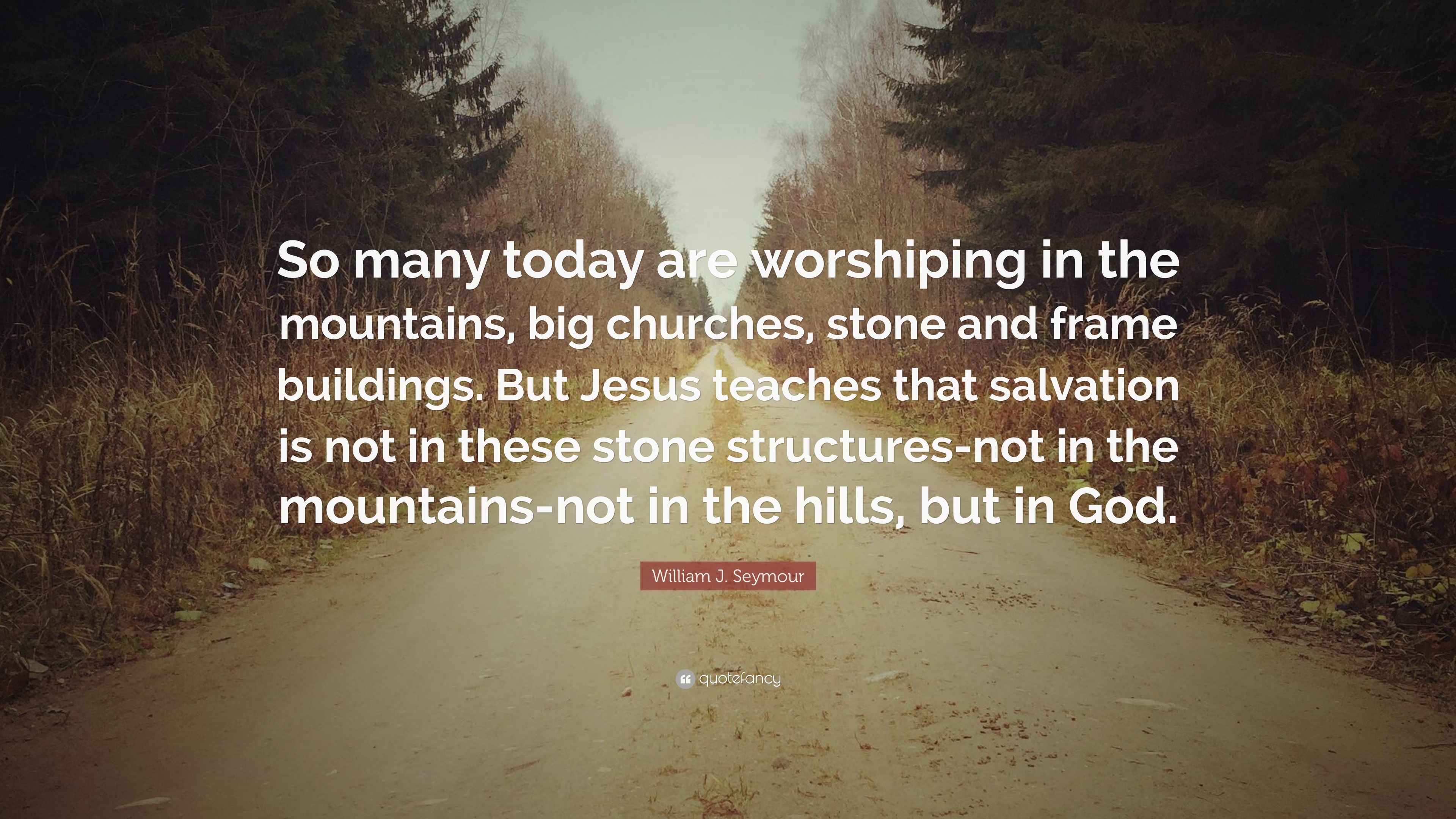
William J. Seymour Quote “So many today are worshiping in the
The pastor at the Azusa Street church was William J. Seymour (1870-1922). Seymour, the son of former slaves, had been raised as a Baptist and later joined a radical Holiness church. There he came to believe in divine healing, the rapture of the saints and Premillennialism, justification by faith and "sanctification as a second work of grace.